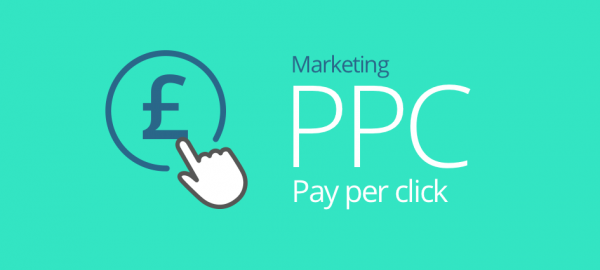Ensuring that your business can be found in the search engines is essential for it to thrive but where you appear is vital. A 2014 study found that 67% of people only looked at the first five search results and that 95% of web traffic stopped at the first page of results.
For a business, if you are not appearing on that first page then you may as well not appear at all.
How to improve Search Engine Optimisation
There are many ways in which this can be approached and organic SEO strategies such as content marketing will make a significant difference to your search engine rankings – over time.
However, businesses need sales and revenue now and cannot wait for the results of organic campaigns. In the shorter term, therefore, one of the best ways to get to the top of the results is through pay-per-click (PPC) advertising.
What is PPC?
If you have no prior experience of PPC then it can seem a little daunting. It is a fact that PPC levels the playing field which makes it work for all budgets, even in the face of larger, branded competitors. This doesn’t mean you need the same budget by any means, after all, you are not looking to drive the same volume of traffic.
Traditional printed advertising required that you paid to place an advert in a publication that you believed your target audience read. This advert would also be seen by a wider audience who were not interested in your product but you paid a premium for volume exposure.
Contrast this with PPC which is targeted directly at the people you know to be interested in your product or service. This means you put yourself directly in front of a buying audience.
How does PPC work?
Most PPC platforms use a bidding system. This means you set a ‘bid’ (the amount you are willing to spend,) for a desired action. That action is usually a click on your ad through to a landing page. The more you bid, the more likely it is that your advert will be shown and the greater the reach it will have.
Placements are not just determined by the amount of your bid but also upon the quality and relevance of your offer, keywords and engagement metrics (clicks on your ads and time spent on your landing page). Even the smallest tweaks to your advert can yield improved results.
A-B testing variables can be time-consuming, but the more you refine your PPC campaigns, the more you will understand who your customer is and what they want. You can make these assumptions based upon the best performing ads. Knowing what worked well, why it worked and where it was placed will mean you can continually enhance and improve your PPC campaign.
Whether you decide to use Google, Bing, LinkedIn, Facebook or one of the many other paid advertising platforms, understanding who your audience is and what search terms they use are essential in getting your campaign right. Working out what you can afford and what you want to pay is secondary. As with all online campaigns, you need to test and test again because even the big brands routinely get this wrong.

